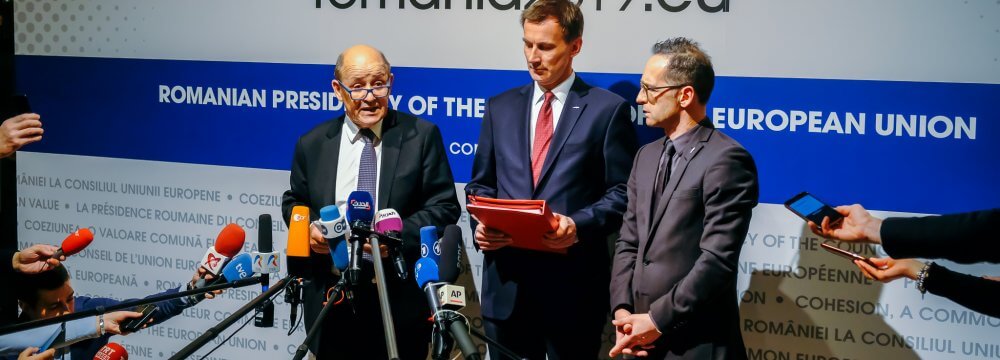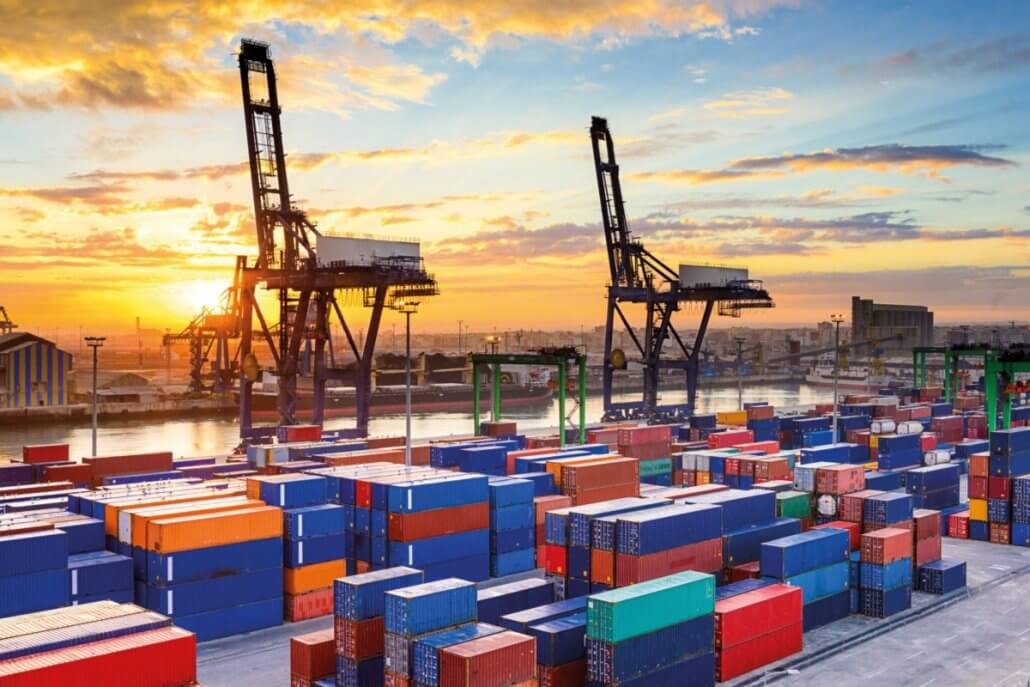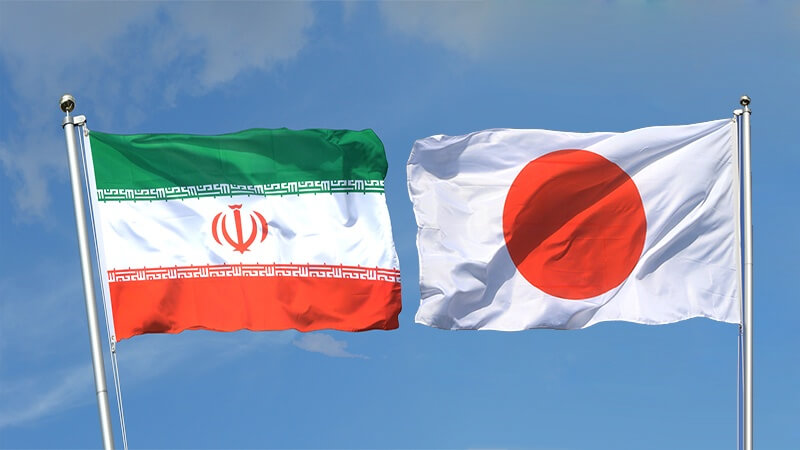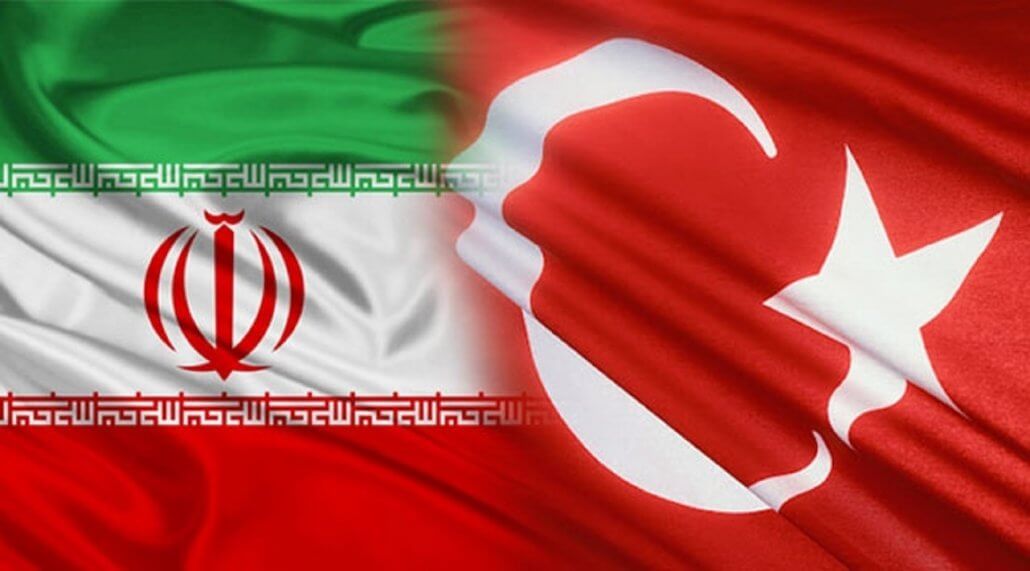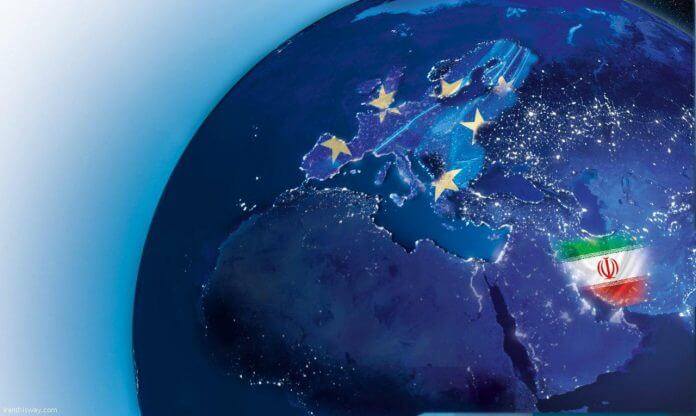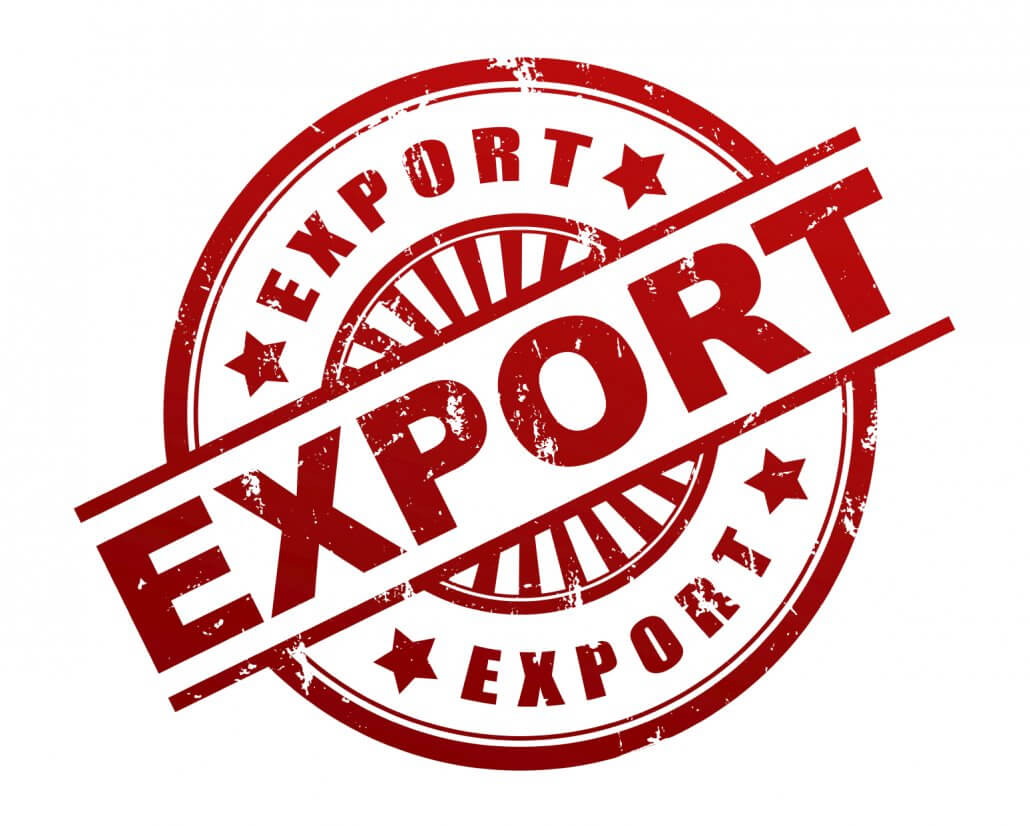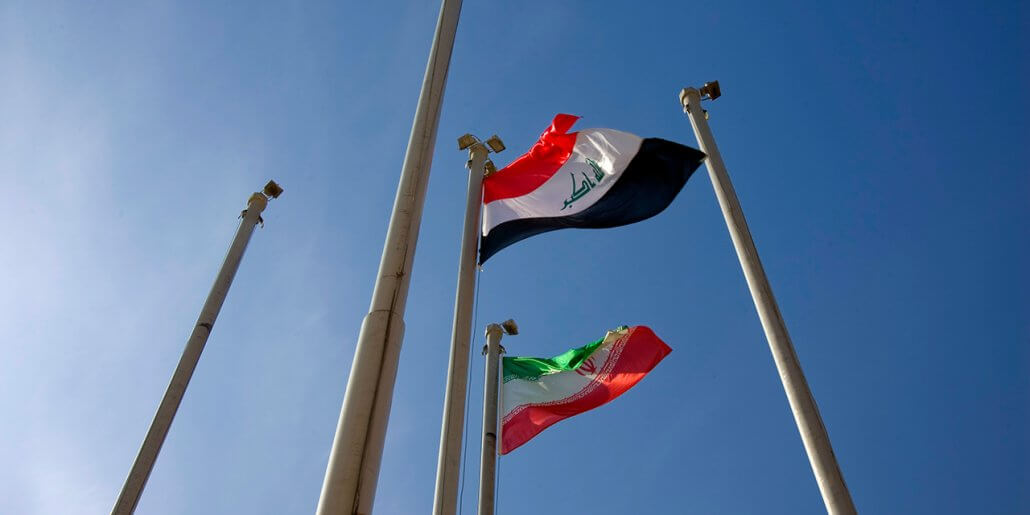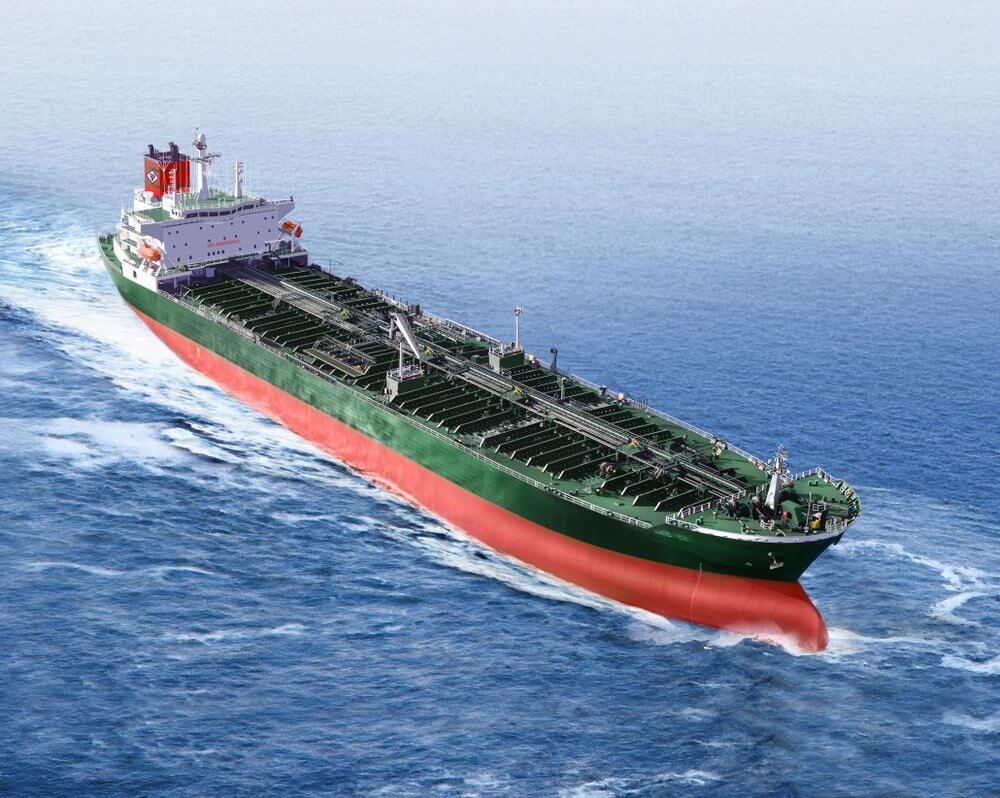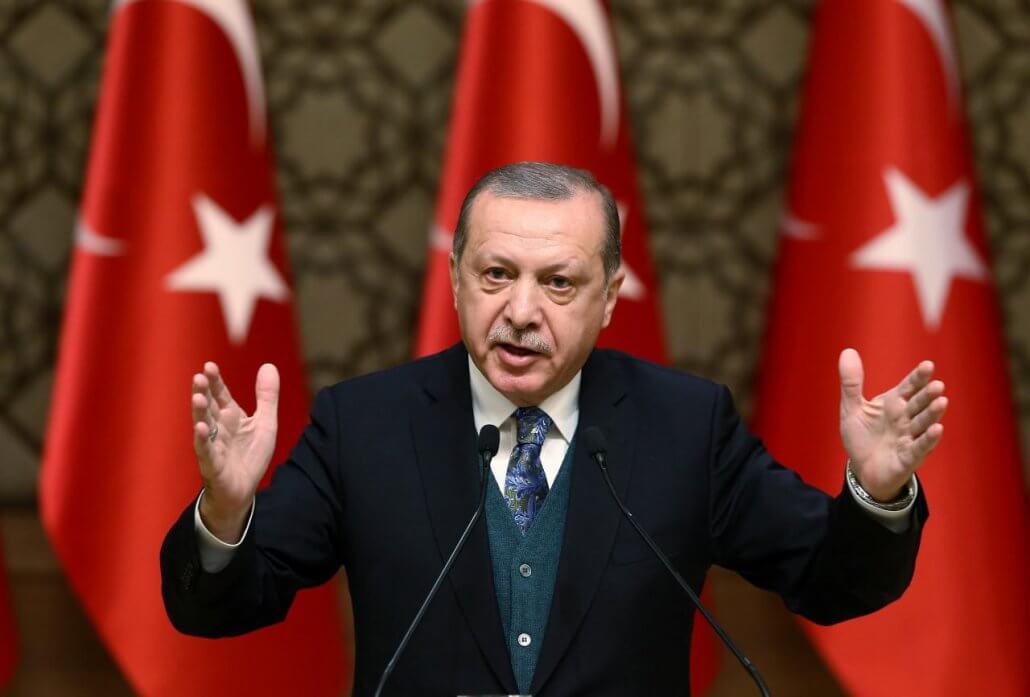In a joint statement on Thursday, French, German and UK Foreign Ministers announced the establishment of ‘INSTEX’ the long-awaited mechanism created for facilitating trade with Iran.
“The E3 together with INSTEX will continue to work on concrete and operational details to define the way the company will operate; the E3 will also work with Iran to create an effective and transparent corresponding entity that is required to be able to operationalise INSTEX,” reads the statement.
INSTEX will initially focus on the sectors such as pharmaceutical, medical devices and agri-food goods.
Development of the SPV was a key element of EU’s effort to keep Iran from quitting the Joint Comprehensive Plan of Action, after the US unilaterally pulled out of the deal in May and has since reimposed sanctions.
Foreign Minister Mohammad Javad Zarif welcomed the measure in a tweet.
Iran welcomes #INSTEX—a long overdue 1st step—in E3 implementation of May 2018 commitments to save JCPOA by ensuring dividends for Iranians after US’ illegal reimposition of sanctions. We remain ready for constructive engagement with Europe on equal footing & with mutual respect.
— Javad Zarif (@JZarif) January 31, 2019
Abbas Araghchi, Iran deputy foreign minister also welcomed the step as a “first step” by the EU in fulfilling its commitments toward Iran.
Araghchi told the State TV that while the channel is initially used for non-sanctioned trade with EU, Iran expects it to cover other trade as well which is why the mechanism was launched in the first place.
Total trade between Iran and European Union members from Jan. to Nov. 2018 amounted to €17.25 billion, which shows a 1.66% fall compared with the similar period of last year.
Trade between Iran and the 28 EU member states declined by 66.02% year-on-year to stand at €679.55 million in November 2018.
“INSTEX aims in the long term to be open to economic operators from third countries who wish to trade with Iran and the E3 continue to explore how to achieve this objective.”
According to the statement, INSTEX will function under the highest international standards with regards to anti-money laundering, combating the financing of terrorism (AML/CFT) and EU and UN sanctions compliance. In this respect, the E3 expect Iran to swiftly implement all elements of its FATF action plan.
Source: FINANTIAL TRIBUNE


